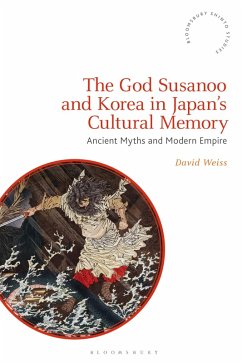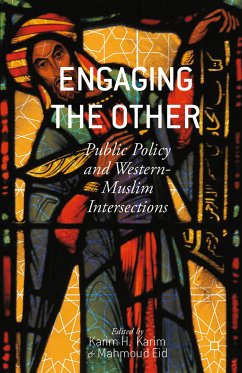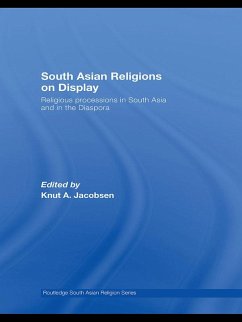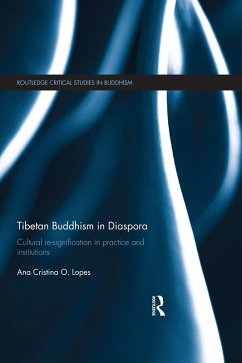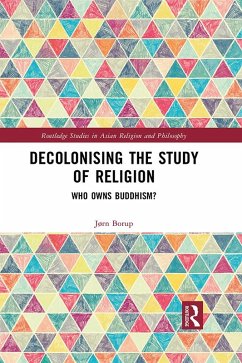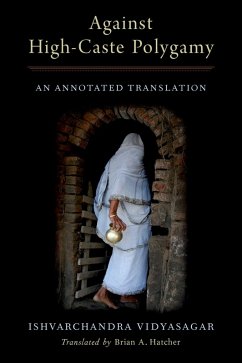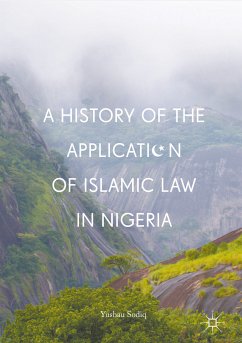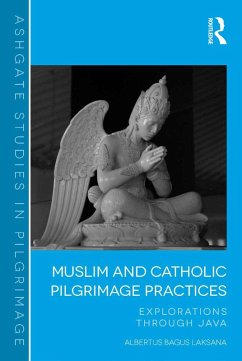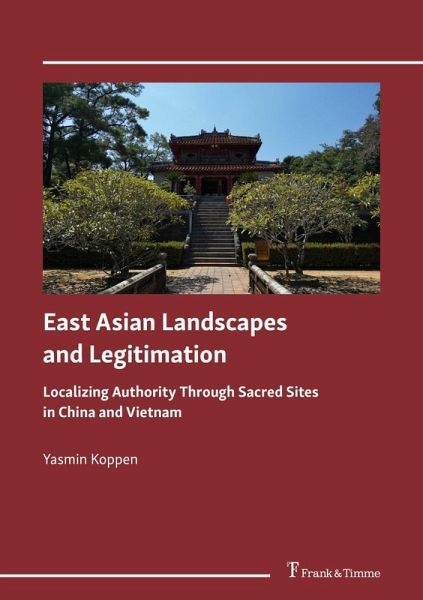
East Asian Landscapes and Legitimation (eBook, PDF)
Localizing Authority Through Sacred Sites in China and Vietnam
Versandkostenfrei!
Sofort per Download lieferbar
88,00 €
inkl. MwSt.
Weitere Ausgaben:

PAYBACK Punkte
0 °P sammeln!
The conquest of Sichuan and Vietnam by the Chinese Empire led to very different outcomes. This volume examines the negotiations between central authority and local autonomy, the physical manifestations of socially constructed identities, and the transformation of sacred spaces which reflect broader social, political, and religious currents. It also offers a method to study spatial-social interactions in historical settings that provides insights into dynamics of power imposition and identity negotiation in local contexts. Experiential Architecture Analysis (EAA) serves to explore the interplay...
The conquest of Sichuan and Vietnam by the Chinese Empire led to very different outcomes. This volume examines the negotiations between central authority and local autonomy, the physical manifestations of socially constructed identities, and the transformation of sacred spaces which reflect broader social, political, and religious currents. It also offers a method to study spatial-social interactions in historical settings that provides insights into dynamics of power imposition and identity negotiation in local contexts. Experiential Architecture Analysis (EAA) serves to explore the interplay of local traditions, transcultural ideology transfer, and sacred water sites in the peripheries of Chinese culture. It analyzes the spatial ensembles of sacred sites regarding their roles for legitimation, dominance, and social resistance, while highlighting the agency of consumers to redefine spatial media. All scholars of Chinese and Southeast Asian History, of Religious Studies or Cultural Anthropology find in this volume valuable insights for their research, especially where it concerns areas lacking reliable written sources. Yasmin Koppen is a postdoctoral research fellow at the Institute for Study of Religions at Leipzig University, specializing in Chinese and Southeast Asian religions. She earned her degrees in Chinese Studies and Religious Studies at Ruhr-University Bochum, with an additional focus on Vietnamese studies during her tenure as a research fellow at LWL-Museum für Archäologie in Herne. Her current research centers on defining hydrolatry as a religious category within the broader Asian context.
Dieser Download kann aus rechtlichen Gründen nur mit Rechnungsadresse in A, B, BG, CY, CZ, D, DK, EW, E, FIN, F, GR, HR, H, IRL, I, LT, L, LR, M, NL, PL, P, R, S, SLO, SK ausgeliefert werden.




